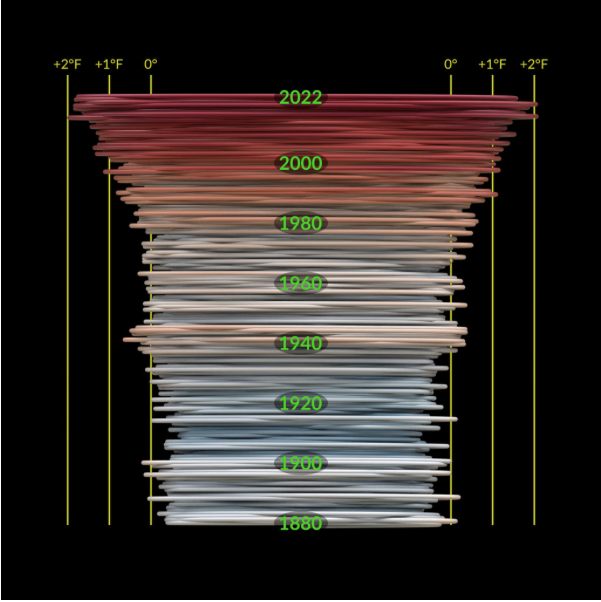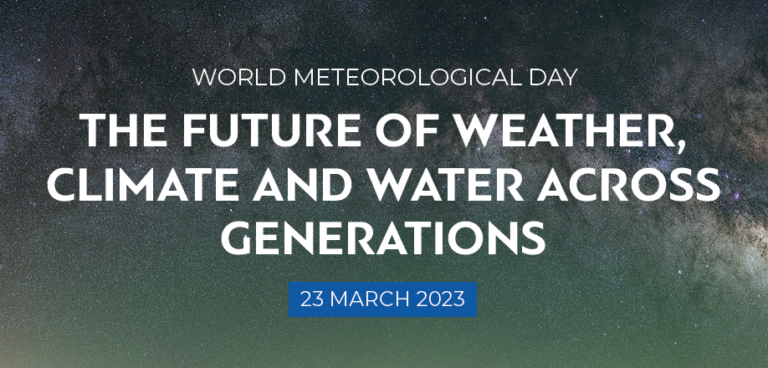The World Meteorological Organization (WMO) is highlighting past achievements, current progress and future potential this World Meteorological Day (March 23), as it celebrates the 150th anniversary of its predecessor, the International Meteorological Organization.
This year’s theme – ‘the future of weather, climate and water across generations’ – highlights the progress made from the late 19th-century telegraphs and shipping forecasts to supercomputers and space technology, and urges current generations to live up to their responsibilities and ensure that future generations inherit a better tomorrow.
Professor Petteri Taalas, WMO secretary-general, said, “The demand for our expertise and our science has never been higher. For the past 150 years, national meteorological and hydrological services (NMHSs) have collected and standardized data that underpins the weather forecasts we now take for granted. The history of WMO data exchange is a success story of scientific cooperation to save lives and livelihoods.
“Weather, climate and water know no national or political boundaries. The need for international cooperation has guided our work since 1873 and will continue to do so in the future as we strive for a world that is more resilient to extreme weather, climate, water and other environmental events.”
Changing climate
The 150th anniversary serves as a reminder of the changing climate. The International Meteorological Organization was established in 1873 in an era when pollution from industrial and human activities was just beginning.
As a result of heat-trapping greenhouse gases, the average global temperature is now more than 1.1°C higher today than 150 years ago. Weather is more extreme, oceans are warmer and more acidic, sea levels have risen and ice is melting. The rate of change is accelerating.
“2023 must be a year of transformation, not tinkering,” said António Guterres, UN secretary-general. “Every year of insufficient action to keep global warming below 1.5°C drives us closer to the brink, increasing systemic risks and reducing our resilience against climate catastrophe. As countries hurtle past the 1.5° limit, climate change is intensifying heatwaves, droughts, flooding, wildfires and famines, while threatening to submerge low-lying countries and cities and drive more species to extinction. That means accelerating actions to limit temperature rise to 1.5° through scaled-up mitigation and adaptation measures.
“It means radically transforming our energy and transportation systems, breaking our addiction to fossil fuels and embracing a just transition to renewable energy. It means developed countries providing a revolution of financial and technical support to developing countries as they mitigate emissions, adapt to a renewable future, build resilience against extreme weather events and address the loss and damage resulting from climate change. And it means living up to the promise made last World Meteorological Day to ensure that early warning systems against climate disasters cover every person in the world.”
There is increasing momentum behind the ambitious drive to ensure that life-saving early warning systems cover everyone in the next five years. The Early Warnings for All Initiative, launched by Guterres on World Meteorological Day 2022, was endorsed at COP27 in Sharm-el-Sheikh in Egypt and has won support from developed and developing countries, the UN family and the private sector.




